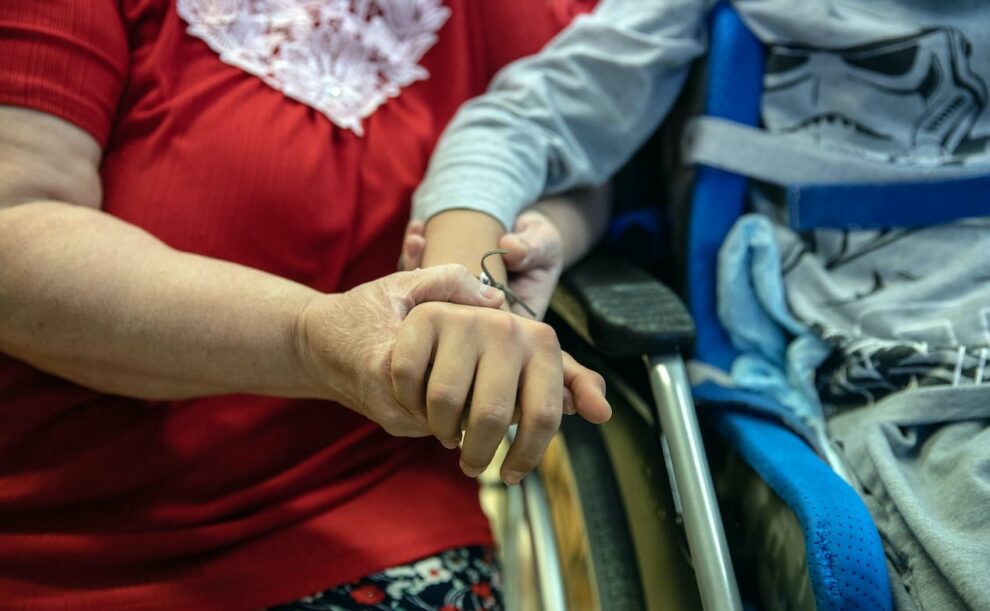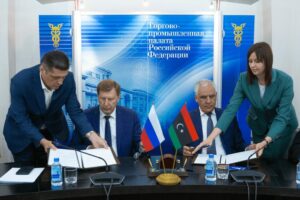WHO/Europe is working together with the Ministry of Health of the Republic of Uzbekistan to develop a national strategic action plan on rehabilitation and assistive technology (AT). According to 2019 data, around 9 million people in Uzbekistan could benefit from rehabilitation services, amounting to roughly 25% of the country’s population of 35 million. This figure is likely to have grown since the onset of the COVID-19 pandemic.
WHO defines rehabilitation as a set of interventions designed to optimize functioning and reduce disability in individuals with health conditions. Often supported by AT, rehabilitation has proven to reduce secondary health complications, hospitalizations and readmissions, as well as increase independence, cut health-care costs, and improve overall quality of life and mental health.
Uzbekistan has unique capacities in the rehabilitation sector, such as expertise in the world-renowned Ponseti method, which is used to treat clubfoot (congenital malformation of the feet). A comprehensive rehabilitation framework supports cochlear implant surgeries carried out in the country. Both of these life-changing interventions can serve as models of excellence in central Asia.
Rehabilitation action plan
Through close cooperation with the Ministry of Health, WHO has provided technical assistance to assess the broad rehabilitation situation in Uzbekistan. Between 27 February and 17 March 2023, a team of experts from the WHO Regional Office for Europe and the WHO Country Office in Uzbekistan utilized WHO’s system-level tool, the Systematic Assessment of Rehabilitation Situation (STARS).
The team engaged with more than 70 people, visited 12 health-care facilities and sites that provide rehabilitation and AT, and held meetings and focus group discussions with key ministries, international partners, and service users. The Agency for the Development of Medical and Social Services within the Ministry of Employment and Poverty Reduction leads the in-country work related to AT and was a key contributor throughout the assessment.
The preliminary findings and recommendations were reviewed with the Ministry of Health and presented at a multistakeholder workshop. The comprehensive needs assessment results will be used to further strengthen Uzbekistan’s rehabilitation and AT sectors, serving as a foundation for developing an action plan on rehabilitation.
Uzbekistan is one of 6 countries in the WHO European Region currently supported under a 5-year United States Agency for International Development project on rehabilitation and AT. The project aims to create effective rehabilitation networks and advocacy, increase policy-relevant rehabilitation information, expand the provision of quality rehabilitation services, and strengthen the Ministry’s leadership and planning with a focus on workforce empowerment.
Source : WHO















